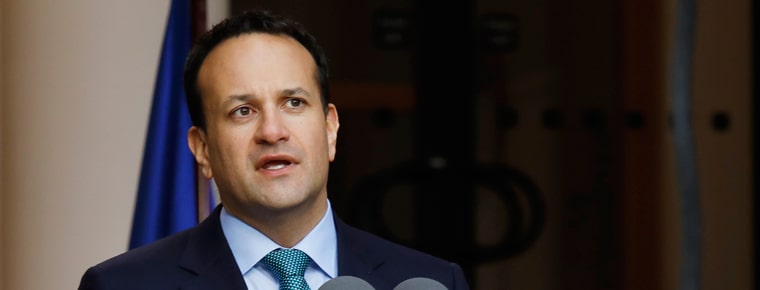 Departing Taoiseach Leo Varadkar
Departing Taoiseach Leo Varadkar
All bosses to have sick-pay policy under proposed law
All workers in Ireland are to have the right to paid sick leave for the first time.
Leo Varadkar (Tánaiste and Minister for Enterprise, Trade and Employment) said that Government approval had been secured for the move.
The Sick Leave Bill 2022 will legislate for a statutory sick-pay scheme for all employees, phased in over a four-year period.
The new scheme will start with three days a year once the bill is enacted, rising to five days in 2024, seven days in 2025, and ten days in 2026.
Sick pay will be paid by employers at a rate of 70% of an employee’s wage, subject to a daily maximum threshold of €110.
The daily earnings threshold of €110 is based on 2019 mean weekly earnings of €786.33, and equates to an annual salary of €40,889.16. It can be revised by ministerial order in line with inflation and changing incomes.
Ireland is one of few advanced economies in Europe without a mandatory sick-leave entitlement.
Under current arrangements, sick leave is provided to about half of all employees through their terms and conditions, with a big gap between public-sector workers – of whom almost all get sick pay – and private-sector workers, whose coverage is much less.
The pandemic highlighted the stark contrast between those with and without sick leave, particularly those in more precarious working arrangements, and the Tánaiste said this had prompted the move.
Capped
The scheme is being phased in to help employers to manage the additional cost, which has been capped.
The Tánaiste said: “No one should feel pressured to come to work when they are ill, because they can’t afford not to.
"Ireland is one of the few advanced countries in Europe not to have a mandatory sick-pay scheme, and although many – we think approximately half of – employers do provide sick pay, we need to make sure that security, that safety net, is there for all workers, regardless of their job.
Legacies
“It has to be one of the legacies of the pandemic. It will be available to all workers, regardless of their illness.”
The rate of 70% and the daily cap are set to ensure excessive costs are not placed solely on employers, who in certain sectors may also have to deal with the cost of replacing staff who are out sick at short notice.
The bill is primarily intended to provide a minimum level of protection to low-paid employees, who may have no entitlement to a company sick-pay scheme.
This does not prevent employers offering better terms or unions negotiating for more through a collective agreement.
An employee must obtain a medical certificate to avail of statutory sick pay, and the entitlement is subject to the employee having worked for their employer for a minimum of 13 weeks.
Once entitlement to sick pay from their employer ends, employees who need to take more time off may qualify for illness benefit from the Department of Social Protection, subject to PRSI contributions.
Gazette Desk
Gazette.ie is the daily legal news site of the Law Society of Ireland